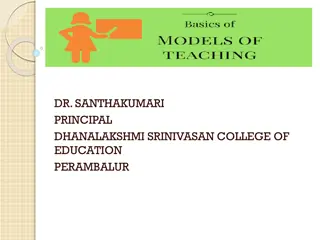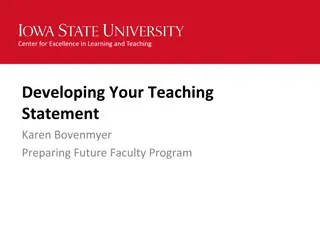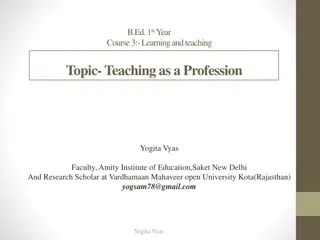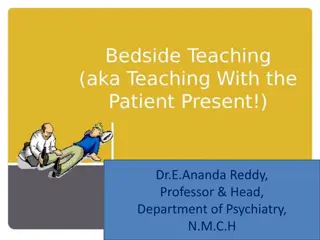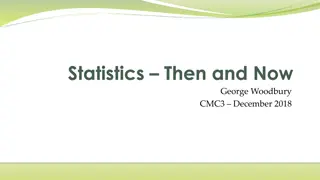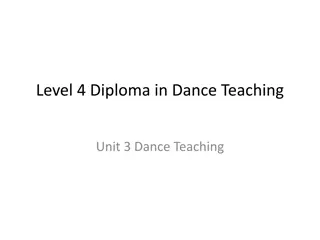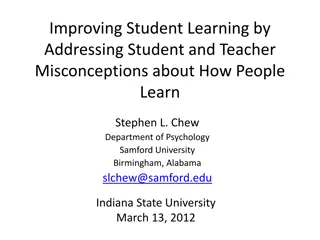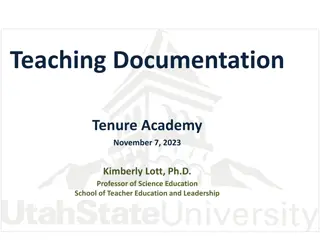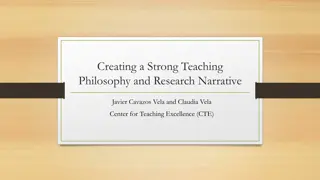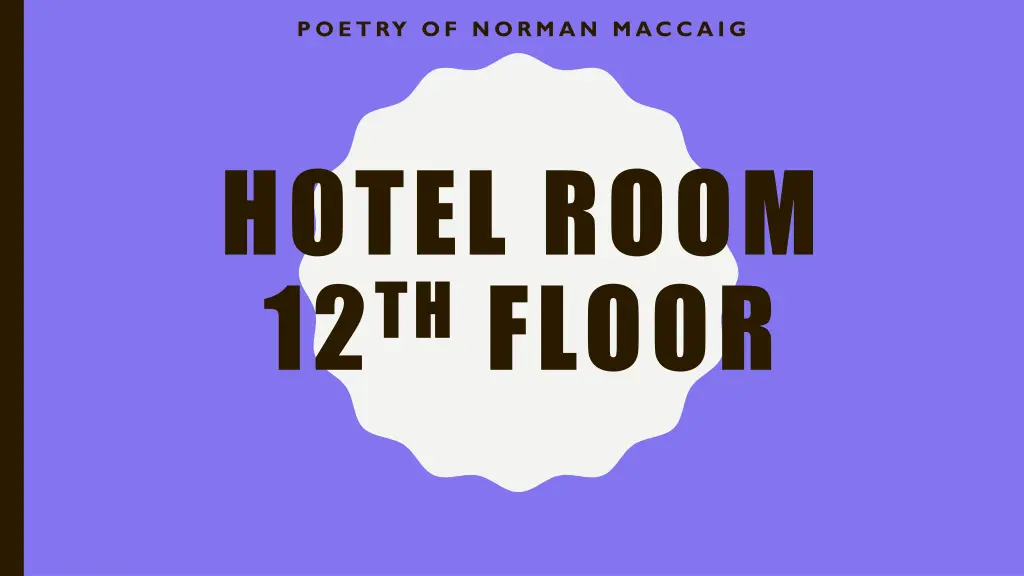
Unsettling Reflections: Norman MacCaig's Poetry Analysis
Delve into Norman MacCaig's poem "Hotel Room, 12th Floor" set in 1960s New York, exploring themes of violence, materialism, and societal reflections. MacCaig's reflective nature portrays a deeper battle between good and evil, using vivid metaphors and stark imagery. Discover the inner turmoil and critique of society in this introspective piece.
Download Presentation

Please find below an Image/Link to download the presentation.
The content on the website is provided AS IS for your information and personal use only. It may not be sold, licensed, or shared on other websites without obtaining consent from the author. If you encounter any issues during the download, it is possible that the publisher has removed the file from their server.
You are allowed to download the files provided on this website for personal or commercial use, subject to the condition that they are used lawfully. All files are the property of their respective owners.
The content on the website is provided AS IS for your information and personal use only. It may not be sold, licensed, or shared on other websites without obtaining consent from the author.
E N D
Presentation Transcript
POETRY OF NORMAN MACCAIG HOTEL ROOM 12THFLOOR
Poets Main Idea This poem is about a strange and unsettling experience that MacCaig has in New York He describes what he sees and hears from his hotel room He is a visitor to the city and reflects on the fear and violence lurking beneath the civilisation of the city He shows the poverty and violence that is underneath the glamour and exuberance of New York He uses this to reflect on the wider issues of good and evil in society
Reflective Nature of the Poem In the interview A Metaphorical Way of Seeing Things , MacCaig maintained that poetry clears your eyes and you see things . Like many of MacCaig spoems, Hotel Room, 12thFloor moves from description to reflection. This experience leads the poet to reflect on society and the battle between good and evil which lies beneath our civilisation
Theme Attack on materialistic attitude of society - suggests violence is a product of materialism. Wider comment being made on society violence can break out easily and is never far away on tv and films, but also on nearby streets. Poor (in coldwater flats ) are isolated and suffering in the midst of wealth and show.
Structure Speaker is anxious and attacks the materialistic attitude of society. Sense of fear seems to be hiding in his room Strong conclusion
Extended Metaphor Compares modern society to the American frontier or Wild West. (and Western films) shows uncivilised nature of violence on the streets.
Stanza One This morning I watched from here a helicopter skirting like a damaged insect the Empire State building, that jumbo size dentist s drill, and landing on the roof of the PanAm skyscraper. But now midnight has come in from foreign places. Its uncivilised darkness is shot at by a million lit windows, all ups and acrosses. Think about: - What happens in this stanza? Is there a point where the stanza changes? - What is your impression of the city? - What mood or emotion is the poet feeling?
Sense of time. Light and hopefulness Passive he is not taking part in what he sees Visual Symbol of technology that society is based on. It being there suggests something is wrong. Stanza One Annoying and broken Unpleasant connotations This morning I watched from here a helicopter skirting like a damaged insect the Empire State building, that jumbo size dentist s drill, and landing on the roof of the PanAm skyscraper. But now midnight has come in from foreign places. Its uncivilised darkness is shot at by a million lit windows, all ups and acrosses. Connotations of fear and pain Emphasis on height ignores harsh reality on the ground Was New York s tallest building: symbol of wealth and power Uninvited. Just turned up (as violence does) Turning point, day to night. Connection to darkness (and evil) Darkness represents evil and unfamiliar danger Unfamiliar/strange/ scary. Shows poets anxiety of unknown Connotations of violence and crime Contrast to the darkness shows good vs evil theme. Light provides safety/clarity in darkness Window frames in the form of the cross religious image, continues good vs evil
Stanza Two But midnight is not so easily defeated. I lie in bed, between a radio and a television set, and hear the wildest of warwhoops continually ululating through the glittering canyons and gulches - police cars and ambulances racing to the broken bones, the harsh screaming from coldwater flats, the blood glazed on sidewalks. Think about: - What happens in this stanza? - What is your impression of the city? Has it changed from stanza one? - What mood or emotion is the poet feeling?
Signals that light (good) is losing the battle. Darkness (evil) is winning. Struggle is futile. Darkness will happen Stanza Two Passive/struggling to sleep. What is happening outside is affecting him inside Wild West comparing skyscrapers to the landscape of the West. Glittering makes it sound pretty But midnight is not so easily defeated. I lie in bed, between a radio and a television set, and hear the wildest of warwhoops continually ululating through the glittering canyons and gulches - police cars and ambulances racing to the broken bones, the harsh screaming from coldwater flats, the blood glazed on sidewalks. Change in focus from sight in stanza 1 to what he hears: Invading his space Link to wild west (Native American warriors) Shows chaos of outside, suggestion of violence and aggression Bones represent the people not seen as whole people but just the violence against them Hints at emergency Crime and people being hurt (violence). Racing emphasises the speed and chaos Screaming suggests fear or panic. Harsh shows intensity. Extreme amount of blood covering sidewalk. The results of violence Poverty below the glittering skyscrapers, people live violent, desperate lives
Stanza Three The frontier is never somewhere else. And no stockades can keep the midnight out. Think about: - What happens in this stanza? - How does this stanza sum up the mood or feeling of the poet? - How does this stanza relate to the theme of the poem?
Stanza Three Concludes by linking back to Wild West comparison. A frontier is also the front line of a conflict. Somewhere lawless and violent A barrier to keep out attackers from Wild West times. Comparable to modern technology and protections none of it can help truly stop evil The frontier is never somewhere else. And no stockades can keep the midnight out. It can t be avoided Evil is around us and within us we can never escape it We may think we ve advanced, but we are still in the chaotic Wild West Ends on a pessimistic note Resistance is futile. Just as the night always inevitably comes Darkness and evil will always be around.
An Overview of the Stanzas Stanza One MacCaig describes the sights outside his hotel room. He is anxious about the violence that is always nearby but also attacks the materialistic viewpoint of New York Stanza Two MacCaig focusses on what he hears and reveals the violence and brutality of the night. Reflects that people are reduced to their injuries and lose their humanity Stanza Three Ends on a pessimistic tone. Reflects on what he as seen and heard but offers no hope or change to the violence and harsh reality of life.
Starter Tasks Hotel Room 12th Floor To help you remember the key points of the poem you should: Write a summary of the poem showing how the poet moves from experience to reflection. Identify a key quote for each of the following points (copy and complete): The poet views New York as a brutal and violent place MacCaig is anxious about the uncivilised nature of people after dark. The violence is harsh and unrelenting There is no escape from the evil of humanity
Practice Question 1 Look at line 1-10 With close reference to the poet s use of language, explain how the writer uses contrast to show different aspects of the city in these lines. (4)
Practice Question 2 Look at line 11-19 With close reference to the poet s use of language, show how MacCaig creates a sense of chaos within the city. (4)
Practice Question 3 Look at line 20-22 Explain how these final lines make it clear that negative things, like violence and suffering, are inevitable in the city. (2)
PRACTISE 8 - MARKER MacCaig often explores encounters with places, things or people who are far different from him. Referring to this poem and at least one other, show how he uses language in order to explore these differences (8)
Commonality In Hotel Room 12th Floor, MacCaig explores how different the brutal surroundings of New York City and the violent tendencies of those who live there are. In Basking Shark, MacCaig explores how different the speaker is and his views about himself in comparison to how he views the shark.
FOLIO / PRACTISE 8 MARKERS MacCaig often explores encounters with places, things or people who are far different from him. Referring to this poem and at least one other, show how he uses language in order to explore these differences (8) Finish original from yesterday then use Hotel Room as Secondary MacCaig s poetry often includes very vivid impressions of people. Referring to this poem and at least one other, show how he creates these vivid impressions of people. (8) Primary Aunt Julia Often, MacCaig elicits the reader s sympathy for the people in his poems. Referring to one or two poems, show how he elicits the reader s sympathy. (8) Primary Brooklyn Cop




